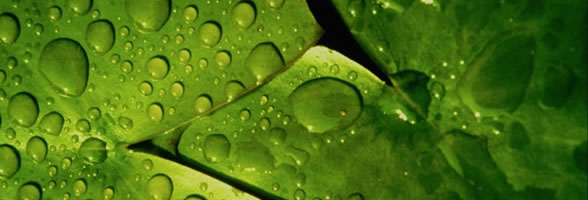Article archive
07/10/2014 20:57
Many plant species are highly adaptable to their environments. Some are capable of thriving in extreme conditions such as in the arid and hot environments of deserts. Even with minimal nutrients and water, many plant species can survive. Hence, it is not surprising why they can be cultivated and...
—————
07/10/2014 20:53
The acidity or alkalinity levels of plant growth media fluctuate within certain range. The fluctuation is determined by various factors such as the type of growth media, the amount of water, and concentration of specific minerals. Most plant species thrive in growth media that have pH range...
—————
07/10/2014 20:45
Cities and other highly urbanized centers lack sufficient land areas that are available for household gardening. Very few city dwellers can afford houses that are built in lots with garden areas or turf. The dense population in cities makes it necessary to build skyward. Condominium buildings,...
—————
07/10/2014 20:32
Cultivating plants the traditional way is still the most common and practical means of mass-propagation either for horticultural purposes or agricultural purposes. Flower cultivation, landscaping, medicinal herb-raising, and backyard vegetable gardening are just some of the types of gardening that...
—————
07/10/2014 20:27
All plants need water but the amount of water that can be absorbed and productively utilized depends on the size, species and growth stage of plants. Some plants thrive in swamps and other water-rich environments such as ponds. Some plants such as cacti easily survive in arid and hot...
—————
06/11/2013 19:13
If you are maintaining a hydroponic garden on your own, you have to be familiar with hydroponic nutrients. Generally, plants grown hydroponically need the same type of nutrients as those grown in soil. When you look for fertilizers (or nutrients in hydroponic gardening) you see 3 numbers on the...
—————
06/11/2013 13:38
If you see adult fungus gnats flying around or near your plants, for sure there are also larvae feasting on your plants' roots. To monitor their population, use little yellow sticky strips placed horizontally right next to your plants. The adult gnats are not good in flying, making them very easy...
—————
06/11/2013 11:56
Are your pepper plants not doing very well? Are they producing lots of lush foliage but there is only few or no flowers at all? This sounds a bad thing. You should do something about it before all your efforts, time, and money go to waste. So how do you get them to bud, bloom, and bear an...
—————
06/11/2013 10:46
Pythium or root rot disease harms the roots of your plants, turning while healthy roots to grey or brown. It's often called the problem of damping off. Typically, rigid root zones start to slime as they are damaged and clog the system with dead organic debris. An infected root system is an...
—————
05/11/2013 19:09
Tomatoes in a hydroponic garden are grown in nutrient solution, instead of garden soil. Growing tomatoes using a hydroponic system allows you to raise them in a regulated environment without insects, weeds, or soil-borne diseases. Hydroponic tomatoes grow significantly faster than those...
—————
